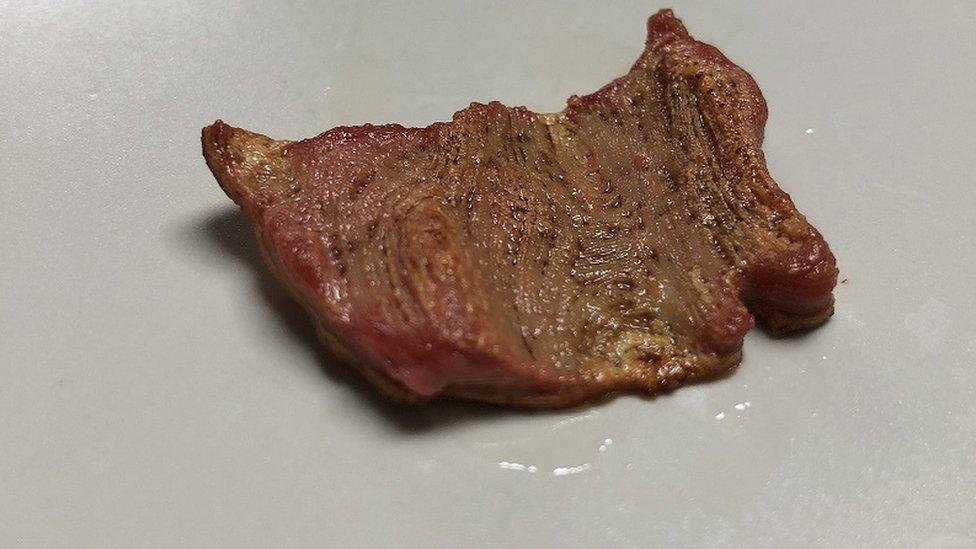Hackney man first to receive 3D-printed prosthetic eye
- Published
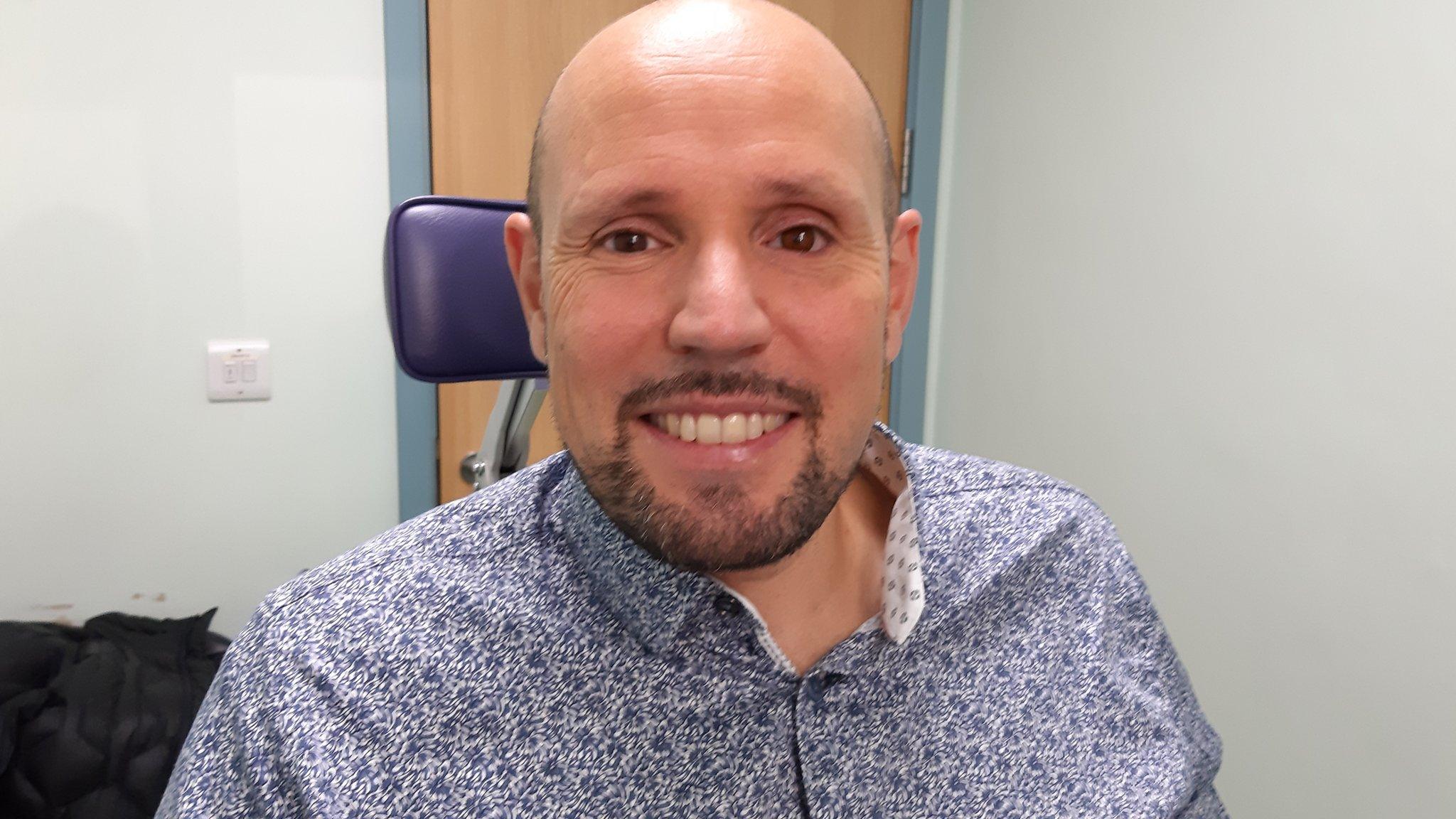
Steve Verze from Hackney will receive the world's first 3D printed prosthetic eye
A hospital patient will become the first person in the world to have a 3D-printed prosthetic eye.
Steve Verze, from Hackney, east London, will receive the eye on Thursday at Moorfields Eye Hospital in London.
It is hoped the eye will be more realistic than a traditional acrylic prosthetic eye.
It will also cut the time it takes for patients to be fitted with their prosthetics in half, from six weeks to three.
"I've needed a prosthetic since I was 20, and I've always felt self-conscious about it," said Mr Verze, who is in his 40s.
'Looks fantastic'
"When I leave my home I often take a second glance in the mirror, and I've not liked what I've seen.
"This new eye looks fantastic and, being based on 3D digital printing technology, it's only going to be better and better."
For a traditional prosthetic a patient has to undergo a two-hour session to mould their eye socket, before the prosthesis is fitted and then painted.
The 3D printed prosthetic should reduce the manufacturing process to two to three weeks, with the initial appointment taking just half an hour, according to the hospital.
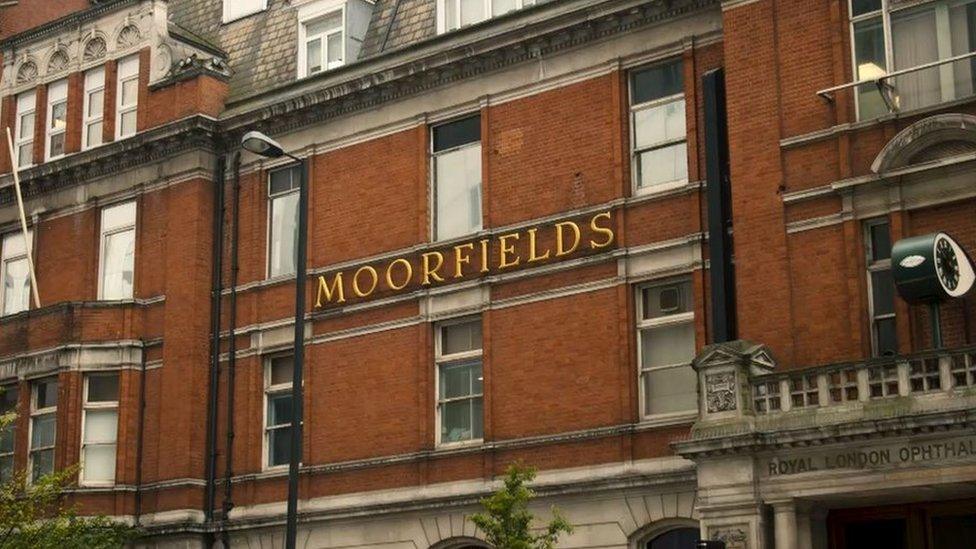
Moorfields Eye Hospital became an NHS facility in 1948
Professor Mandeep Sagoo, consultant ophthalmologist at Moorfields Eye Hospital, said the staff were "excited" at the potential of a fully digital prosthetic eye.
"We hope the forthcoming clinical trial will provide us with robust evidence about the value of this new technology, showing what a difference it makes for patients.
"It clearly has the potential to reduce waiting lists."
- Published22 July 2021
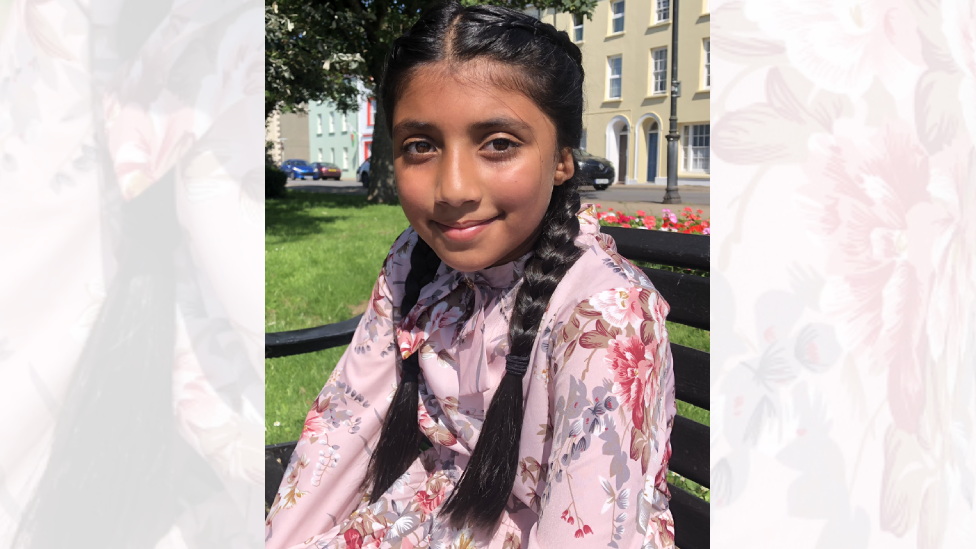
- Published13 October 2020
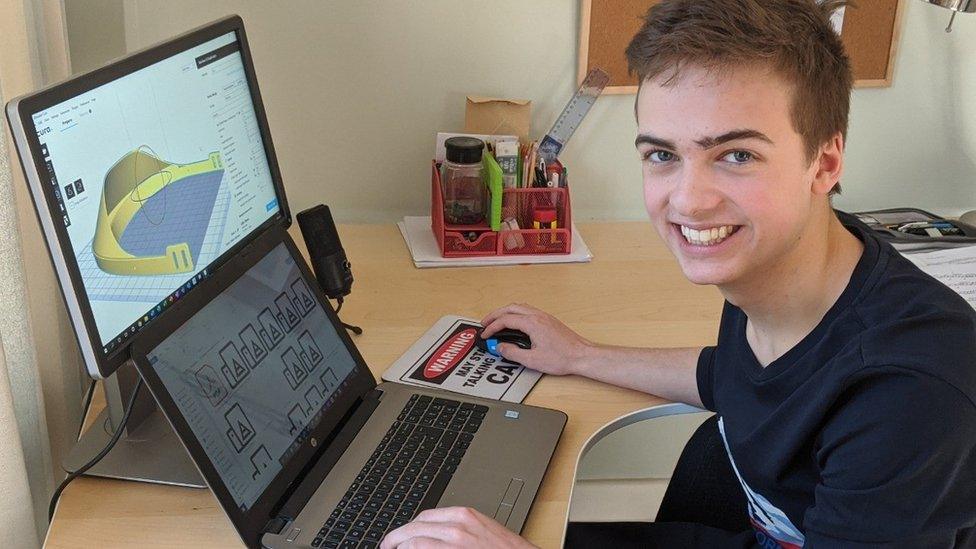
- Published17 September 2020
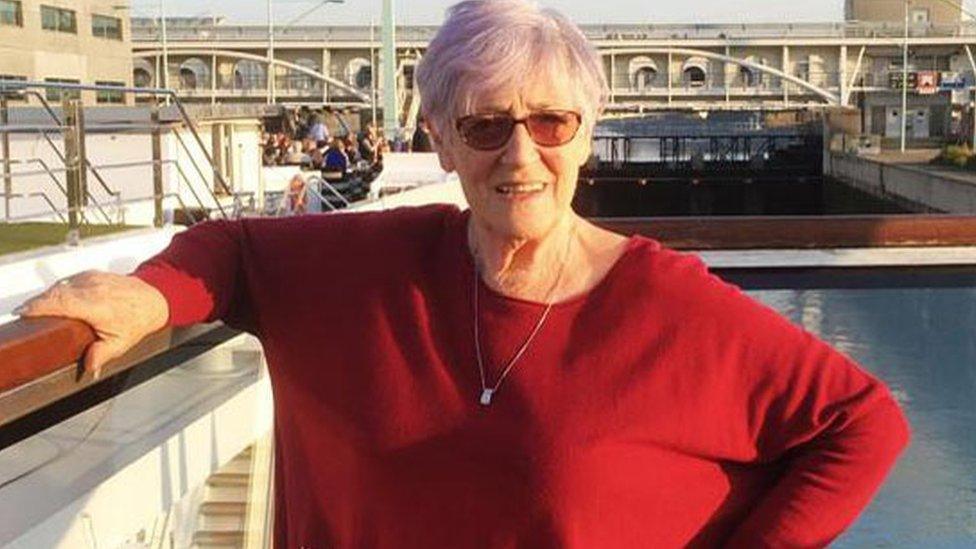
- Published25 February 2020
